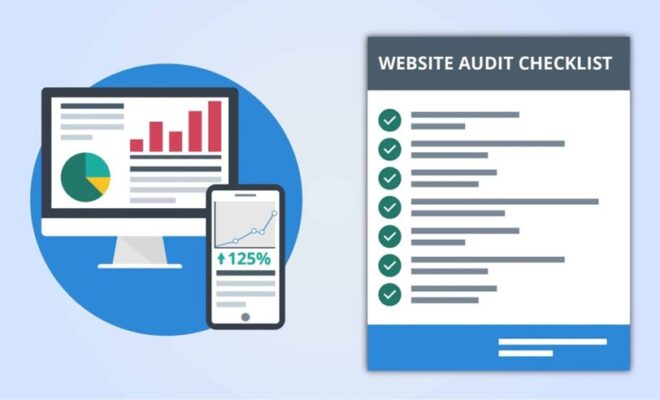Cross-industry innovation: open banking’s influence beyond financial services

Open banking, a paradigm that revolutionized the financial sector by fostering data sharing and innovation, is now transcending its original domain. Its core principles of transparency, consumer control over data, and collaboration among different entities are inspiring similar transformations in various other industries, notably healthcare and retail. This blog post delves into the burgeoning influence of open banking in these sectors, highlighting unique applications and the potential for enhanced customer experiences.
Open banking principles in healthcare
Enhanced patient data management: inspired by open banking, the healthcare industry is moving towards more open data ecosystems, where patients have greater control over their health data. This shift enables individuals to easily share their medical records, treatment history, and other health information with various healthcare providers, ensuring a more coordinated and personalized care approach. According to a report by healthit.gov, over 75% of hospitals now allow patients to view, download, and transmit their health information online, signifying progress towards more open health data practices.
Innovative health financing solutions: open banking principles are being leveraged to offer innovative financing solutions for healthcare services. By integrating financial and health data, fintech companies can offer personalized health insurance plans, dynamic pricing models based on individual health metrics, and flexible payment plans for medical services, thereby enhancing accessibility and affordability of healthcare.
Open banking’s ripple effect in retail
Personalized shopping experiences: retailers are adopting open banking-inspired data sharing to create personalized shopping experiences. By analyzing consumers’ financial transaction data (with consent), retailers can tailor product recommendations, discounts, and rewards to individual preferences and spending habits, significantly enhancing customer satisfaction and loyalty. A study by accenture highlights that 91% of consumers are more likely to shop with brands that recognize, remember, and provide relevant offers and recommendations.
Seamless payment integrations: open banking principles facilitate seamless payment integrations within the retail sector, simplifying the checkout process and enhancing customer convenience. By allowing direct bank-to-bank payments, retailers can reduce transaction fees associated with traditional payment methods and offer customers a more streamlined and secure payment experience.
Challenges and considerations
Privacy and security: the application of open banking principles in industries like healthcare and retail raises significant privacy and security concerns. Ensuring the secure transmission and storage of sensitive personal and financial data is paramount, requiring robust encryption, consent management frameworks, and transparent data handling practices.
Regulatory compliance: navigating the regulatory landscape becomes more complex as open banking principles extend beyond financial services. Industries must contend with a patchwork of regulations governing data sharing and consumer protection, necessitating a collaborative approach among stakeholders to advocate for harmonized standards and guidelines.
Interoperability and standardization: achieving interoperability among diverse systems and platforms is a critical challenge for cross-industry innovation. Standardizing apis and data formats is essential for facilitating seamless data exchange and ensuring compatibility across different sectors.
Conclusion
The influence of open banking is catalyzing cross-industry innovation, paving the way for more personalized, efficient, and interconnected services in healthcare, retail, and beyond. By championing transparency, consumer control over data, and collaborative ecosystems, open banking principles are fostering a new era of customer-centric experiences across various sectors. However, realizing this potential requires careful navigation of privacy, regulatory, and interoperability challenges. As industries continue to embrace open data ecosystems, the focus must remain on enhancing consumer value while safeguarding data integrity and security.











